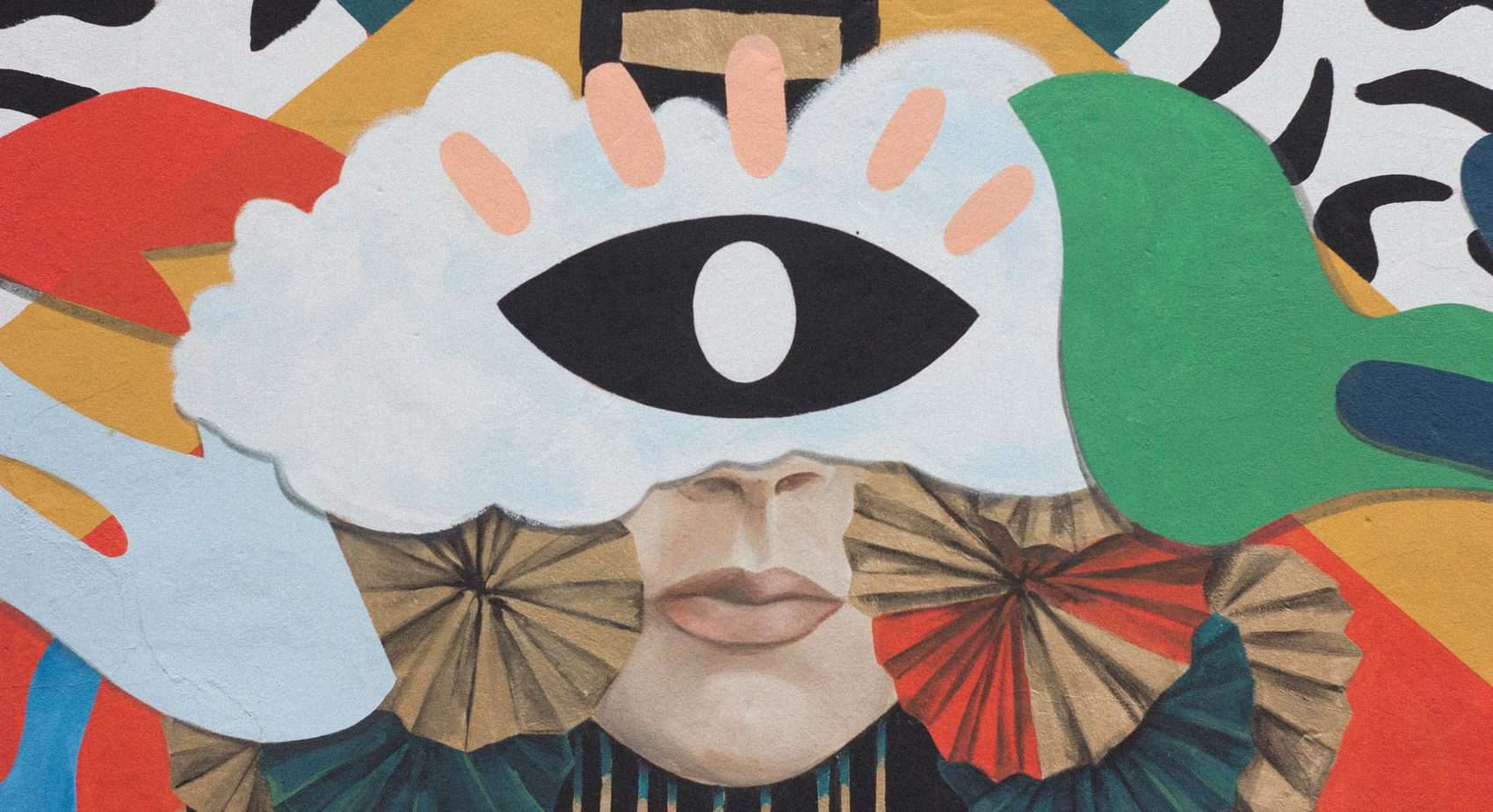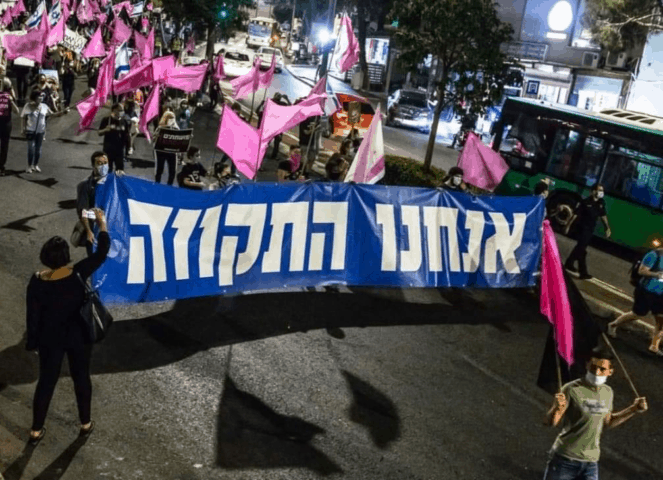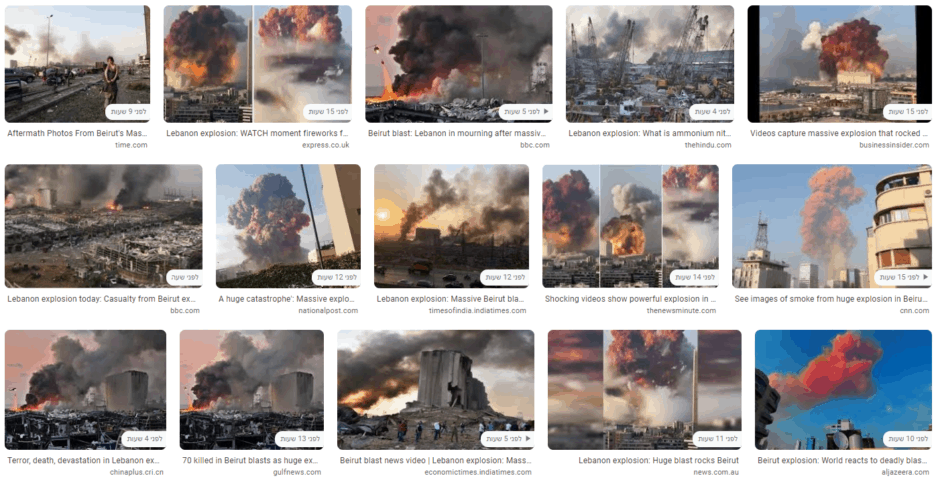Culture and art events: selected lectures
Daniela Charbit | 29.06.2021 | Photo: Unsplash

Culture and art events almost disappeared during the year the coronavirus pandemic took over our lives. They were palpably missing and heightened the feeling that consuming art and culture is not a luxury, but a deep and basic need in modern society. Now that the events are coming back – performances, exhibits, theater and film – we at the Van Leer Jerusalem Institute are also gradually going back to physical activity and social gatherings, using a hybrid model: besides an audience in the auditorium, the audience at home can also watch the events live.
Here is an opportunity to look back on culture and art events that took place at the VLJI in recent years and during the coronavirus period. Following is a small sampling of the range of lectures available on our website:
The End of Art: Hegel's Aesthetics
What is the purpose of a work of art? Does it have a unique objective? Has art reached a crisis in the modern age? The first hybrid event at the VLJI during the coronavirus period was the second encounter in the series “Waiting for the Absolute: The Two Hundred and Fiftieth Anniversary of Hegel's Birth,” by the Spinoza Center. At this encounter, Prof. Pini Ifergan and Dr. Aviv Reiter discussed Hegel's argument that art is the sensual expression of thought, especially through architecture, sculpture, painting, music and poetry. Art, for Hegel, is located at the highest level of realizing thought, alongside religion and philosophy.
Art in crisis? Manufacturing and funding plastic art in Israel: between private market and public funding
What changes have the funding systems of art undergone over the past several decades in Israel? How do the economic changes impact the status of art and the role of artists? At a time when the global art world controls billions of dollars and looks, at times, like an unregulated extension of the securities market, the relationship between the public and private funding of art is being redrawn and raises important questions. These were discussed by Dr. Milly Perry and Eitan Shoker, facilitated by Yonatan Amir. Artist Prof. Yehudit Sasportas responded.
Spoken word about LGBTQ and Palestinian identity as an act of heresy
Samira Saria, a Palestinian-Israeli actress, creator and poet, gave a spoken word presentation and conversation about LGBTQ and Palestinian identity as part of the “Heretical Thoughts” series at the Institute. The series proposes looking at a range of possibilities of heresy, as part of the need of Israeli society to thoroughly reexamine its secularity and religiosity.
Brides from Istanbul and grooms from Ankara: on the history of the moving image and Turkish cinema
What is the contribution of the moving image to our ability to understand another culture? How does it effect and shape our awareness? To a certain extent, we perceive the moving image as definite evidence of the existence of reality, not only in news or documentary films, but surprisingly also when we watch fictional and artistic films. Therefore, the moving image and the cinematic work, whether an artistic film or a television series, embody more than just a reflection of reality; they are an attempt to shape awareness. In the series “Those were the days in Anatolia,” Dr. Tsameret Levy-Daphny examines the history of Turkish cinema and the development of successful television series, as a tool for understanding the society and culture of Turkey – our partner in the Middle Eastern region.
Lost in oblivion? On photography, oblivion and memory
On the eve of Holocaust Remembrance Day 2015, as part of the exhibit and series of events “What is memory? 70 years later,” Dana Arieli, a photographer studying the interaction between art and politics in democracies and dictatorships, looked at the ways photography constitutes memory and prioritizes the things we do and do not want to remember. Just like we choose to prioritize moments in our family album, so are certain moments commemorated in our collective and public album, which has political objectives.
Artistic freedom and public funding – following the film “Advocate,” about Leah Tsemel
Where does the boundary of freedom of expression lay? Does such a boundary need to be drawn? When the film “Advocate,” about Leah Tsemel, won the best film award at the Docaviv Festival, a public protest led Mifal Hapayis to withdraw its funding for the prize in the following years, and gave rise to discussions on artistic freedom in Israel and the public funding of culture. As a result, The Van Leer Jerusalem Institute decided to fund part of the prize for the winner of the festival in 2020. At the Van Leer Platform for Public Discourse, facilitated by director Prof. Shai Lavi, some doubted the very possibility of freedom of art in a world controlled by elites and market forces, whereas others criticized state involvement in funding culture from a capitalist point of view.
Our Boys – a conversation with the series’ creators
What turns a series into a work that captures the historic and cultural moment in which it was created? What cultural and social blind spots does art manage to illuminate? The TV series by HBO and Keshet, about the story of the abduction and murder of the boy Mohamed Abu Khdeir, managed to spark an emotional public discussion all over the world. Amichai Chasson spoke with series creators Hagai Levi and Tawfik Abu Wael at an event at the Institute that looked at “Our Boys” as a cultural work that expresses some of the most significant processes currently occurring in Israeli society.
Life in the Dead Sea: a meeting with artist Sigalit Landau
Some people consider art to be the diametric opposite of nature, others think of it as a lens through which one may see nature in new ways, and yet others do art within nature itself. More than a decade ago, the artist Sigalit Landau started creating works at the Dead Sea. Prof. Oren Harman spoke to her about her continuing experience, as part of “Outsiders in Science,” the fourth season of the series “Talking about Science in the Twenty-First Century.”
To view additional lectures:
- Series: Political art in Israel today
- Questions of heresy, desecration, or post-secularism in contemporary art
- Can Art Illuminate Science? (English with Hebrew subtitles)
Follow our Facebook page and stay tuned for new lectures.




